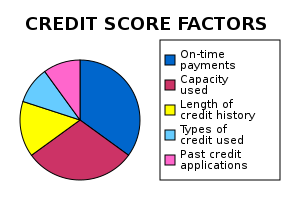How to Buy a Car with Bad Credit
3 Things to Understand When Purchasing a Car on Bad Credit
If you want to buy a car but you have a bad credit, expect the dealer to require you a downpayment. But, if you know how, you can purchase a car without shelling out any money. You just need to understand a few things:
1.) The reasons why a down payment is required
The usual reason why a downpayment is needed is that it brings in additional profit to the sale. Aside from this, it is also needed in order to bring down the entire amount that will be financed for the approval of the lender. If you know the real reason why your lender is seeking for a downpayment from you, then you can work your way to lowering the amount or minimizing it completely.
2.) Your financing options are not limited
Even if you have bad credit, you are not limited to seek your financing from a car dealership. Many people think this way that is why they do not dare try seeking for bank loans. Moreover, settling for car dealership financing is the main cause of unnecessary expense because of the unreasonable finance charges. To avoid this, try traditional loans or other means to obtain cash for your car. You will never know if a bank or other lender will reject or approve you. You might as well try because you may be in for a surprise.
3.) Car dealerships increase their car prices
Everyone knows this and so must you. Not only do they mark up the prices of the car they are selling. They also do this for the interest rate they charge with it. If you seek financing from them, they will give your application to a lender. Then, the lender will give you an offer at a certain rate. Since you have a bad credit, the dealership will increase the interest rate by an average of 3%. The additional rate goes to the dealership as profit. This is not yet accounting for the revenue they already get from the sale of the car without the interest.
Bottom line, you can buy the car that you want without the need to give a downpayment or even despite of your credit standing. You only have to seek for other loan alternatives aside from car dealership financing.






